Wisconsin Eye Doctors
At every Wisconsin Vision location, you’ll find a licensed Optometrist, the latest technology, and attentive care.
We encourage our patients to have regular eye exams as part of their continued preventative care.
At every Wisconsin Vision location, you’ll find a licensed Optometrist, the latest technology, and attentive care.
We encourage our patients to have regular eye exams as part of their continued preventative care.
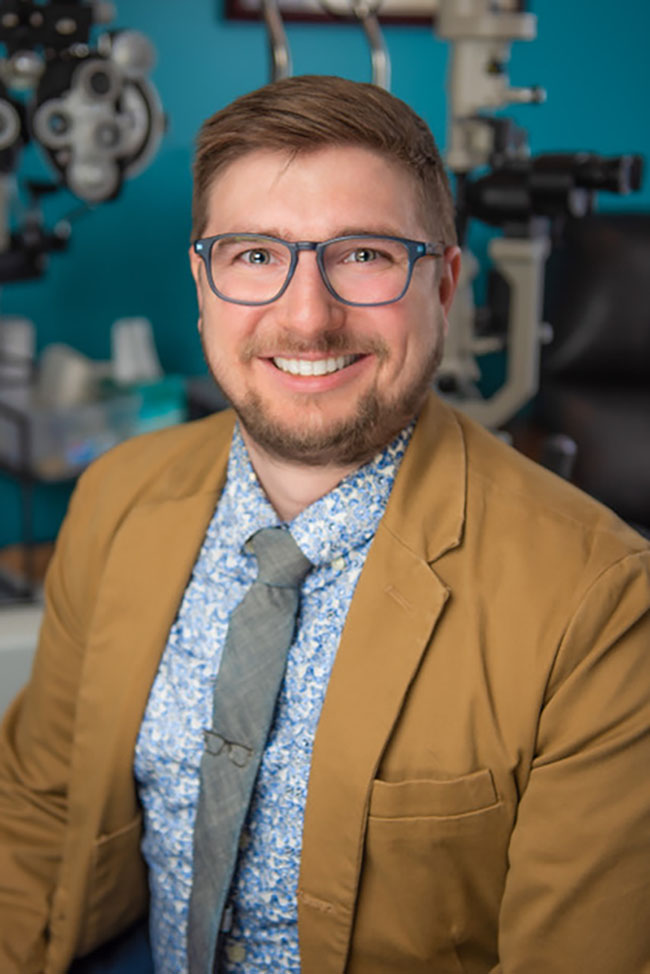 Dr. Alexander Curtis, OD
English
NEW
Book with Dr. Curtis at:
Dr. Alexander Curtis, OD
English
NEW
Book with Dr. Curtis at:
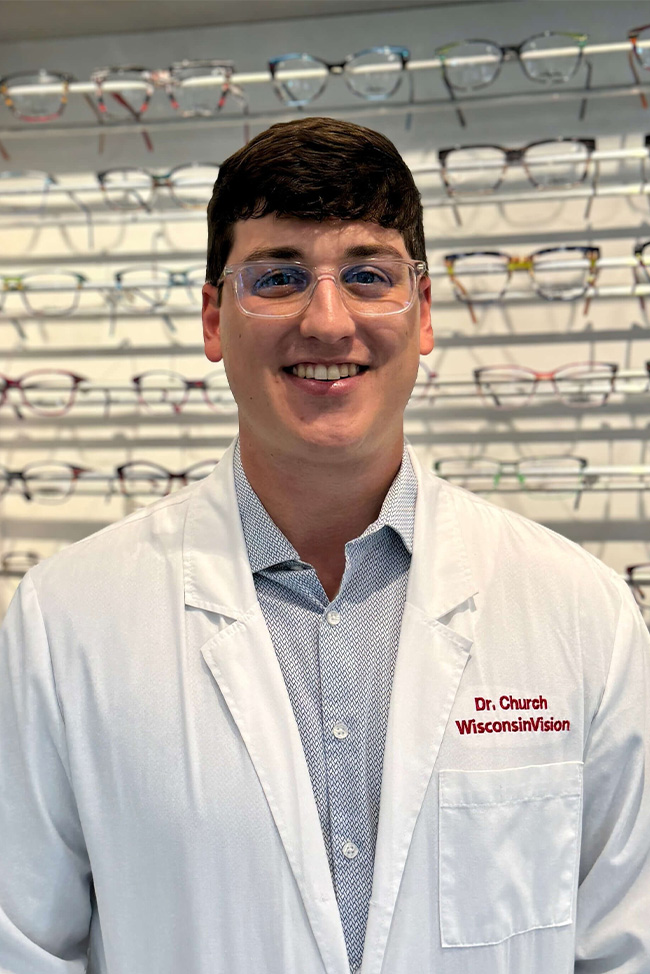 Dr. Blake Church, O.D.
English and Spanish
NEW
Book with Dr. Church at:
Dr. Blake Church, O.D.
English and Spanish
NEW
Book with Dr. Church at:
 Dr. Sarah Kayali, O.D
English, Arabic
NEW
Book with Dr. Kayali at:
Dr. Sarah Kayali, O.D
English, Arabic
NEW
Book with Dr. Kayali at:
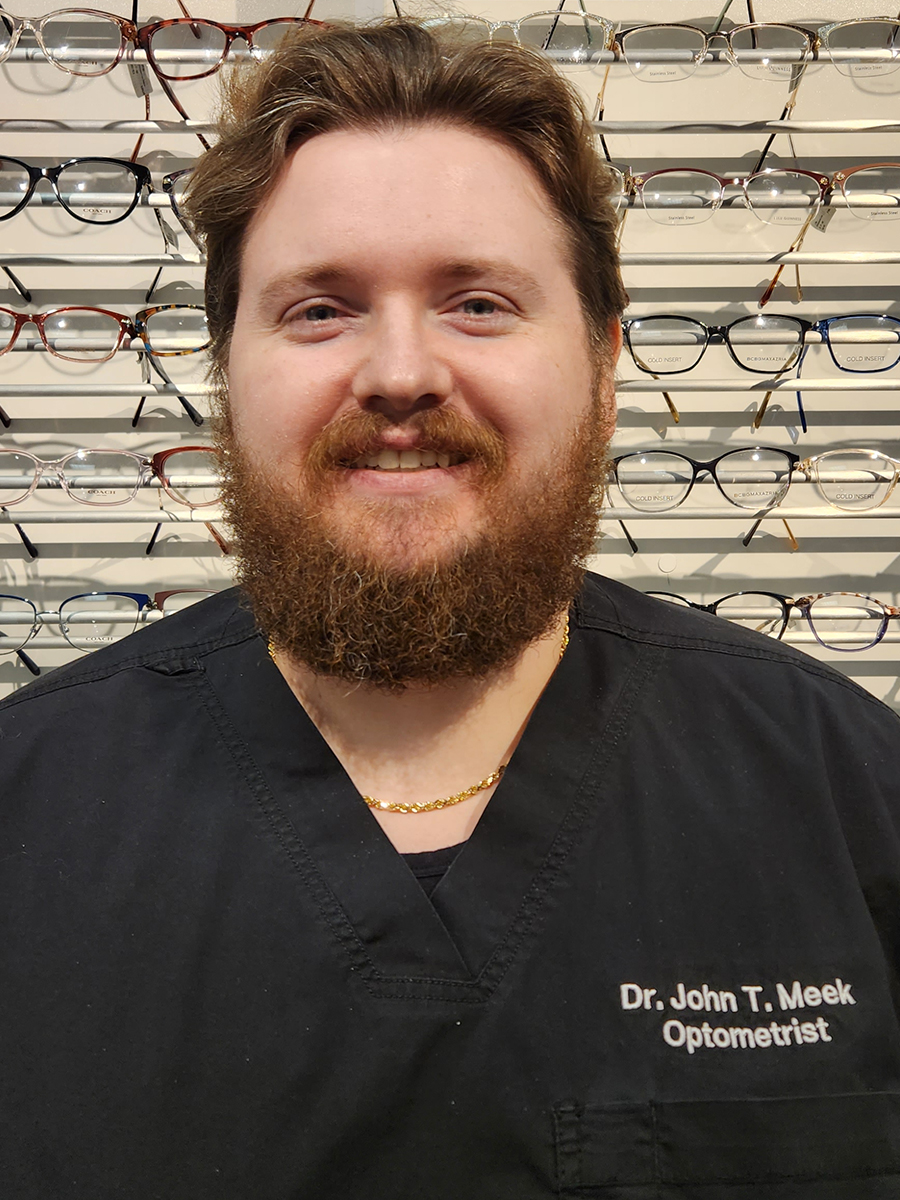 Dr. John Meek, O.D.
English
Book with Dr. Meek at:
Dr. John Meek, O.D.
English
Book with Dr. Meek at:
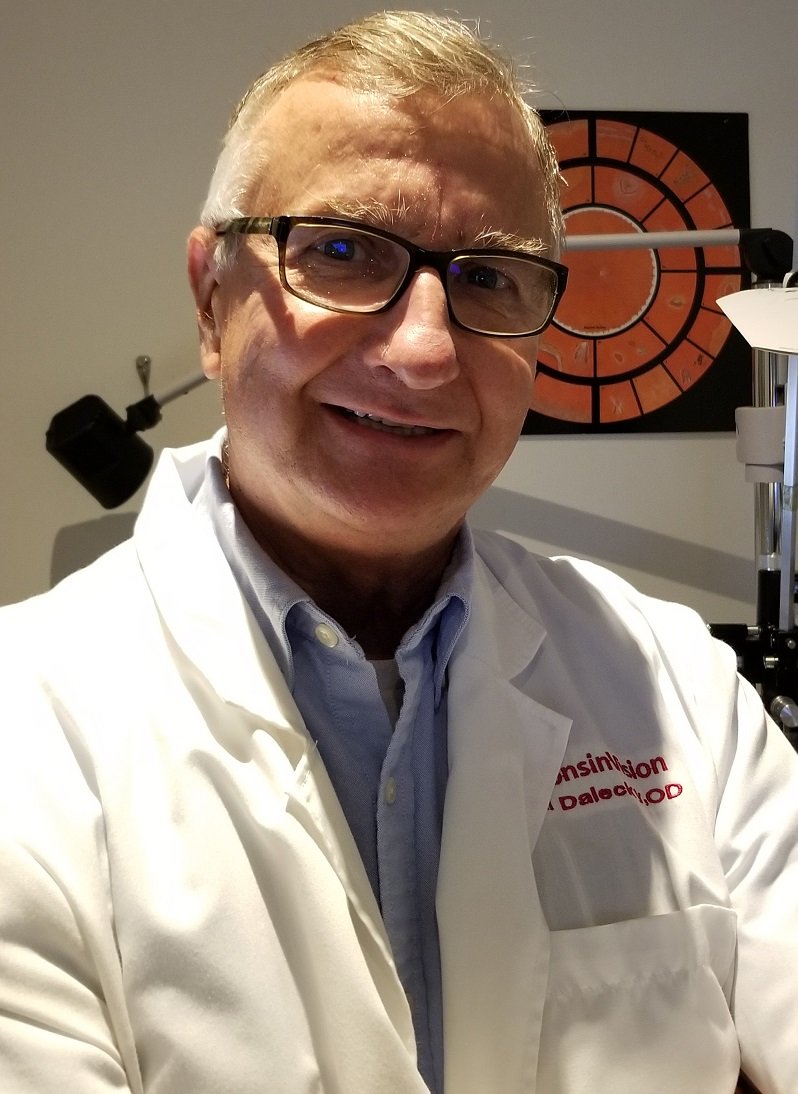 Dr. Paul Dalecky, O.D.
English
Book with Dr. Dalecky at:
Dr. Paul Dalecky, O.D.
English
Book with Dr. Dalecky at:
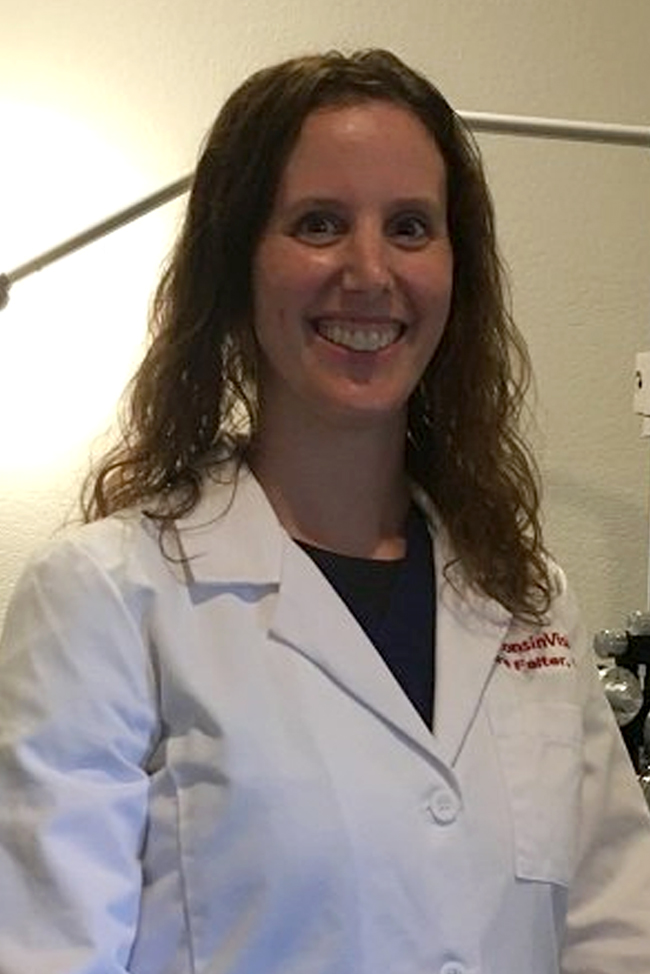 Dr. Sara Falter, O.D.
English
Book with Dr. Falter at:
Dr. Sara Falter, O.D.
English
Book with Dr. Falter at:
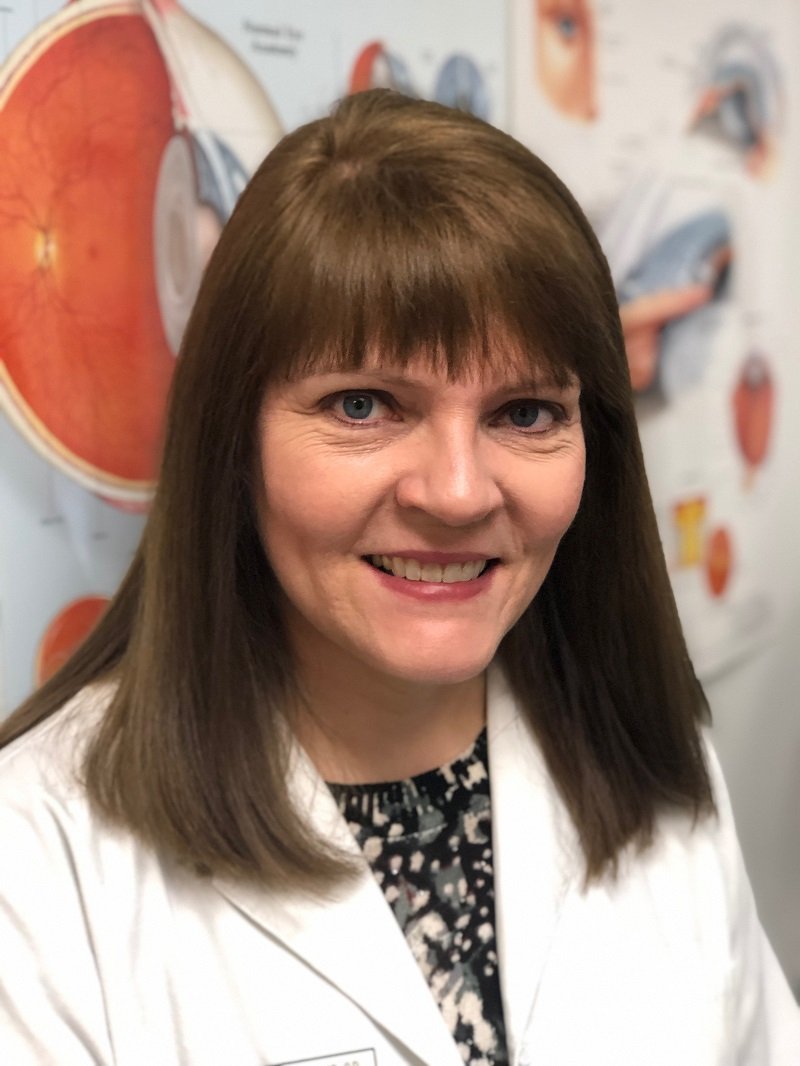 Dr. Donna Belanger, O.D.
English
Book with Dr. Belanger at:
Dr. Donna Belanger, O.D.
English
Book with Dr. Belanger at:
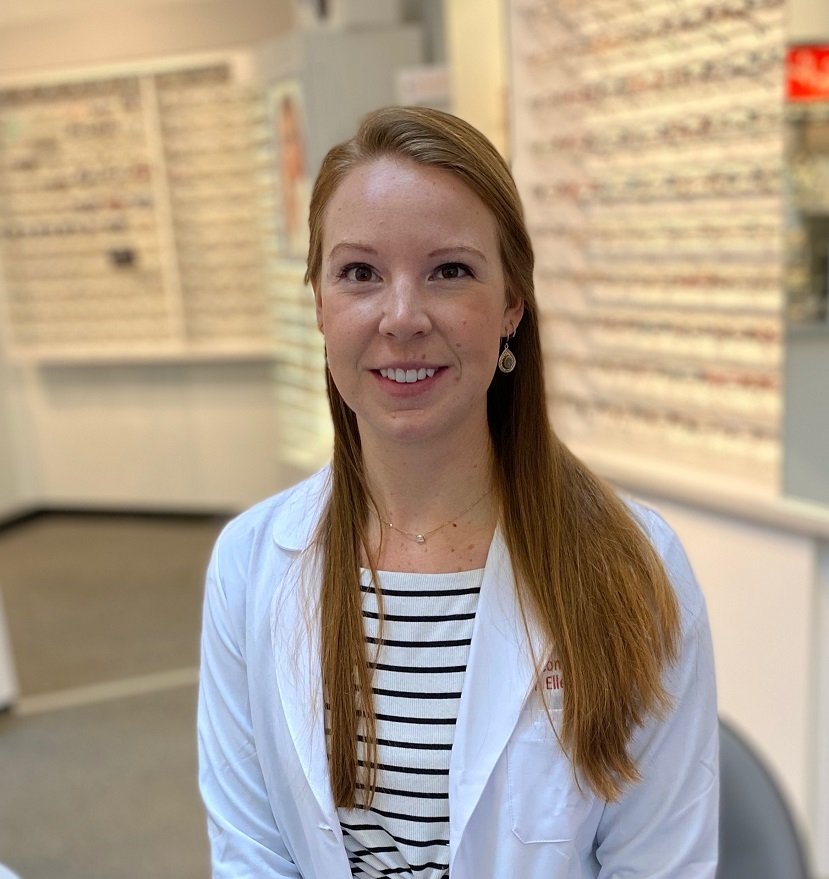 Dr. Ellen Ringle, O.D.
English
Book with Dr. Ringle at:
Dr. Ellen Ringle, O.D.
English
Book with Dr. Ringle at:
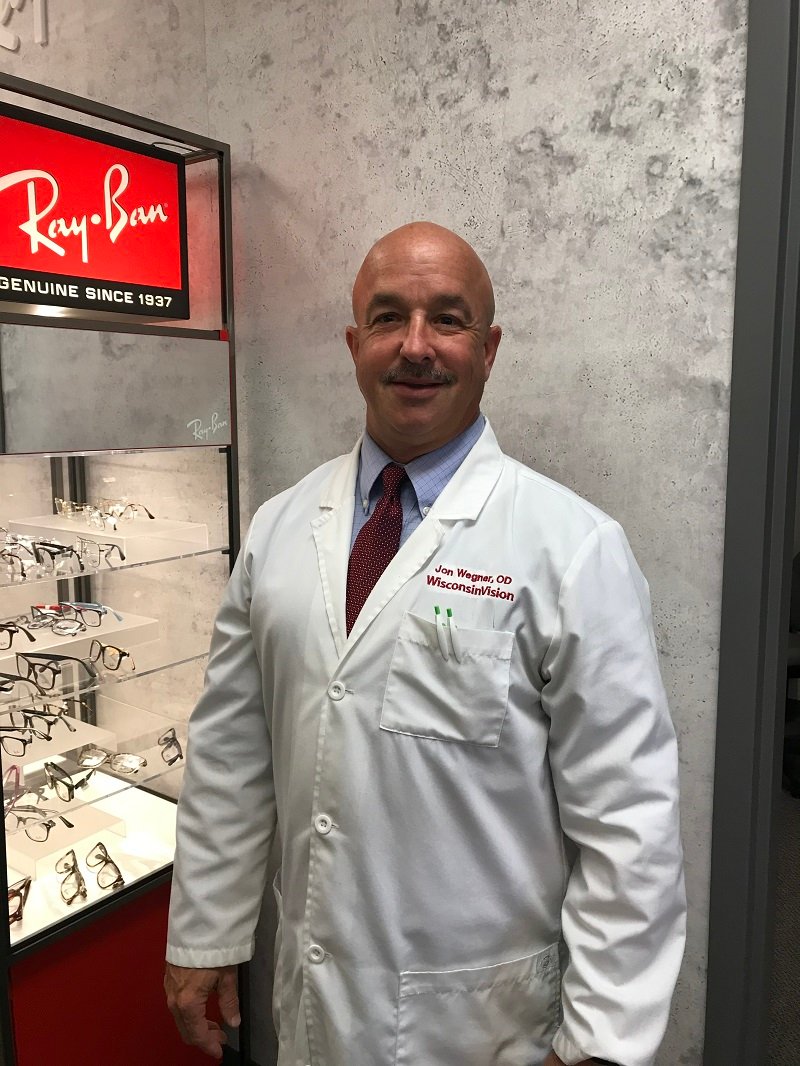 Dr. Jon Wegner, O.D.
English
Book with Dr. Wegner at:
Dr. Jon Wegner, O.D.
English
Book with Dr. Wegner at:
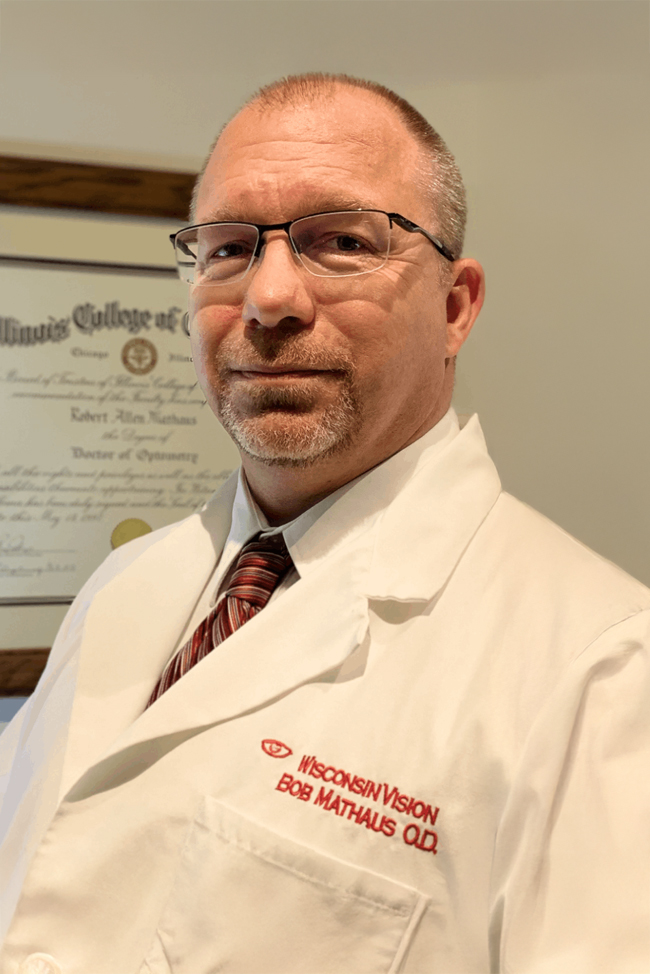 Dr. Robert Mathaus, O.D., BSVS
English
Book with Dr. Mathaus at:
Dr. Robert Mathaus, O.D., BSVS
English
Book with Dr. Mathaus at:
 Dr. Danielle Irvine, O.D.
English
Book with Dr. Irvine at:
Dr. Danielle Irvine, O.D.
English
Book with Dr. Irvine at:
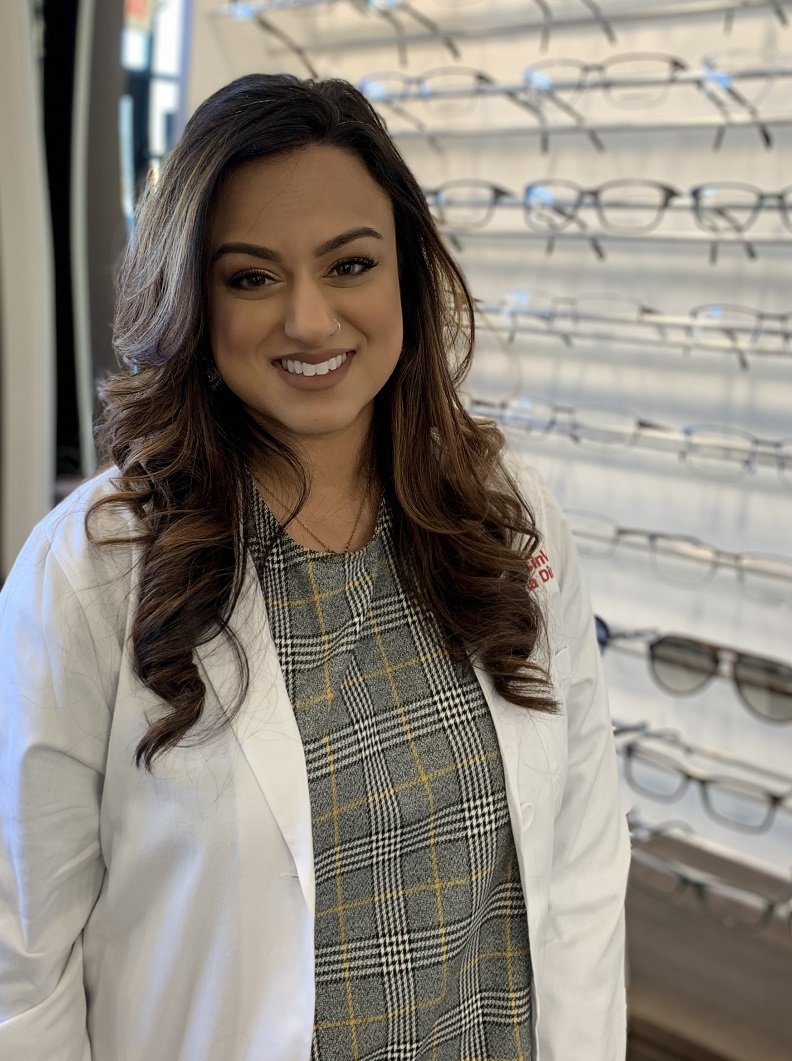 Dr. Juwaria Din, O.D.
English, Urdu, Hindi
Book with Dr. Din at:
Dr. Juwaria Din, O.D.
English, Urdu, Hindi
Book with Dr. Din at:
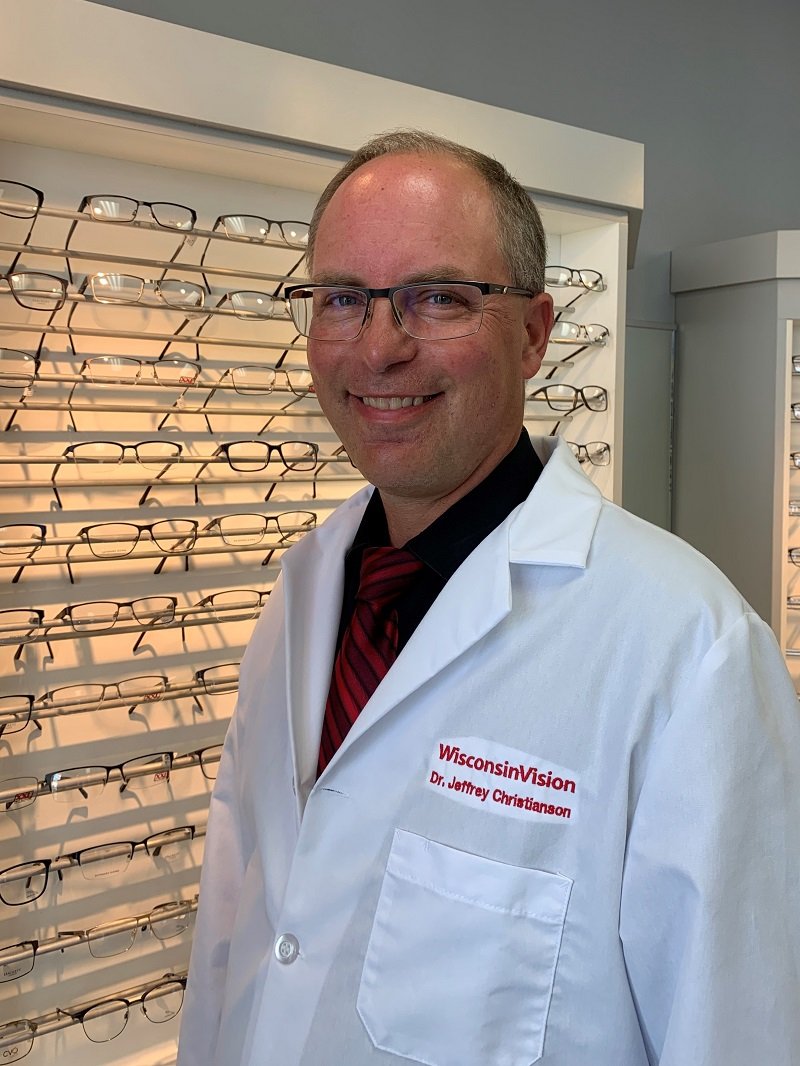 Dr. Jeffrey Christianson, O.D.
English
Book with Dr. Christianson at:
Dr. Jeffrey Christianson, O.D.
English
Book with Dr. Christianson at:
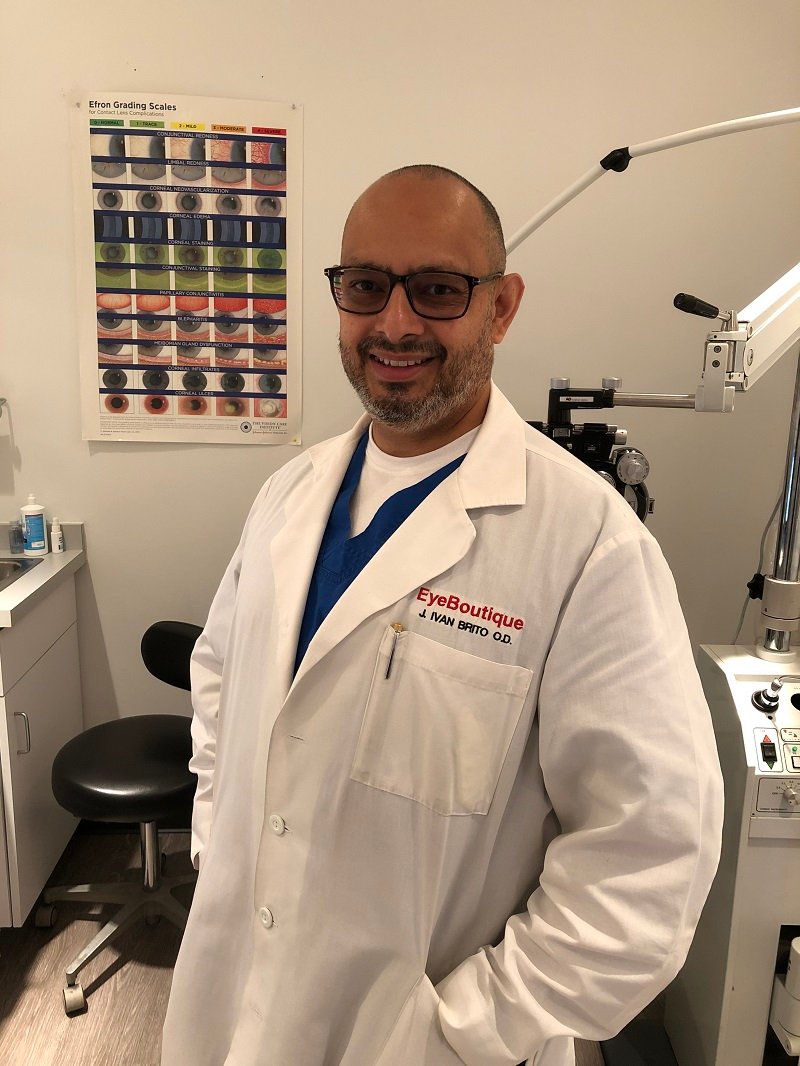 Dr. Juan Brito, O.D.
English, Spanish
Book with Dr. Brito at:
Dr. Juan Brito, O.D.
English, Spanish
Book with Dr. Brito at:
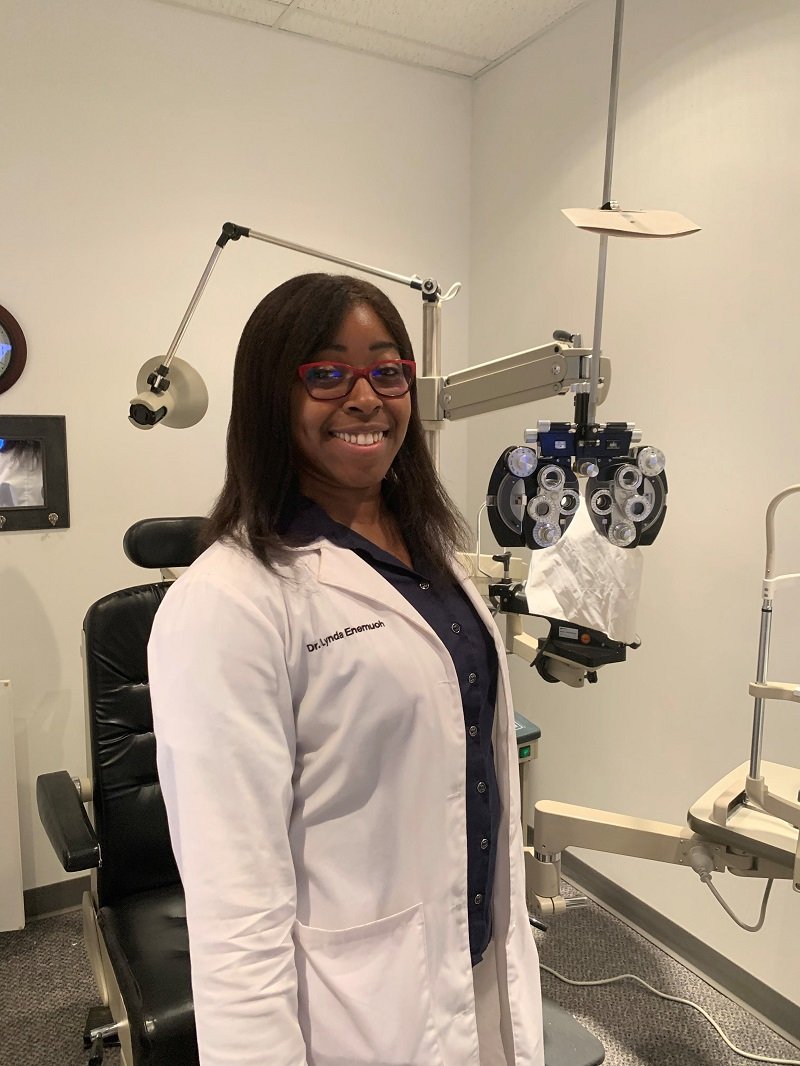 Dr. Lynda Enemuoh, O.D.
English
Book with Dr. Enemuoh at:
Dr. Lynda Enemuoh, O.D.
English
Book with Dr. Enemuoh at:
 Dr. Margarette Alcesto, O.D.
English, Spanish, Tagalog
Book with Dr. Alcesto at:
Dr. Margarette Alcesto, O.D.
English, Spanish, Tagalog
Book with Dr. Alcesto at:
 Dr. Shannon Osborne, O.D.
English
Book with Dr. Osborne at:
Dr. Shannon Osborne, O.D.
English
Book with Dr. Osborne at:
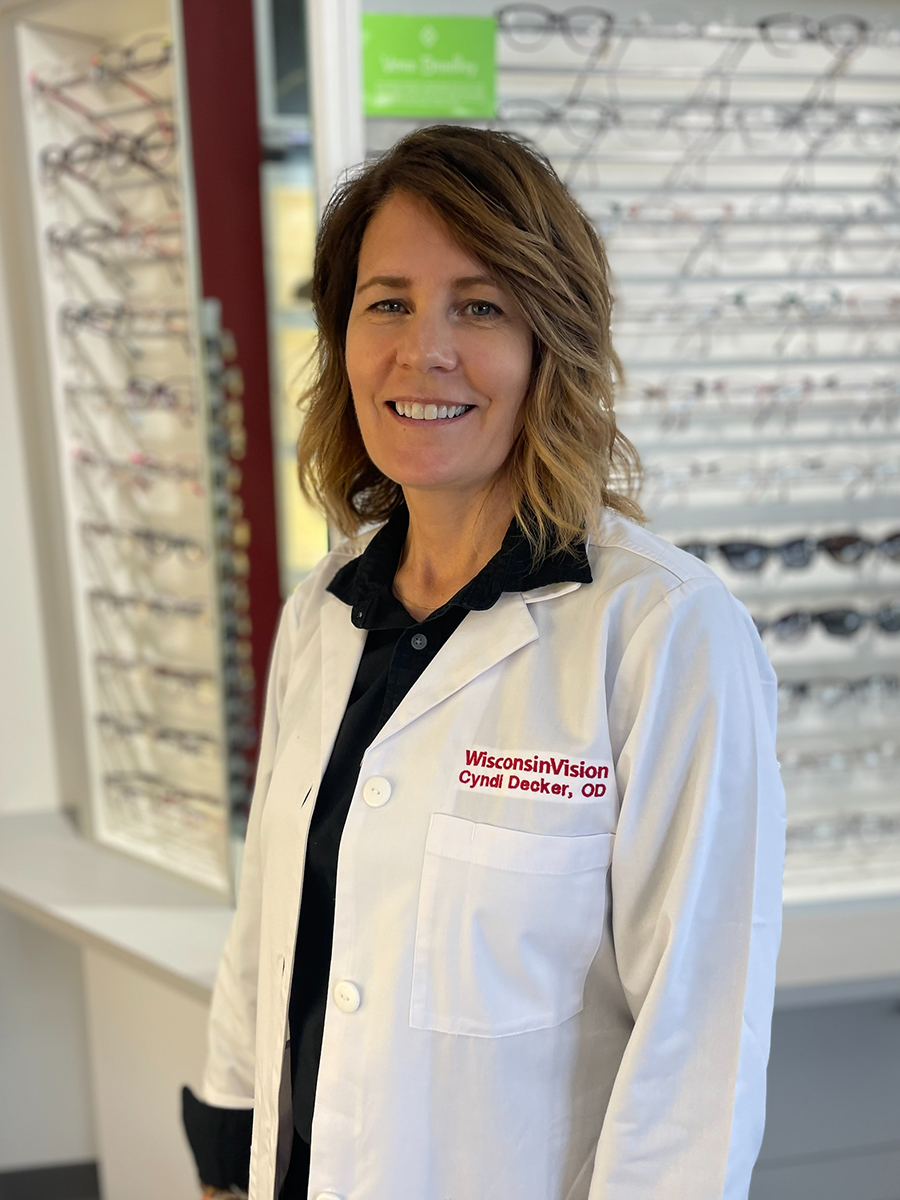 Dr. Cynthia Decker, O.D.
English
Book with Dr. Decker at:
Dr. Cynthia Decker, O.D.
English
Book with Dr. Decker at:
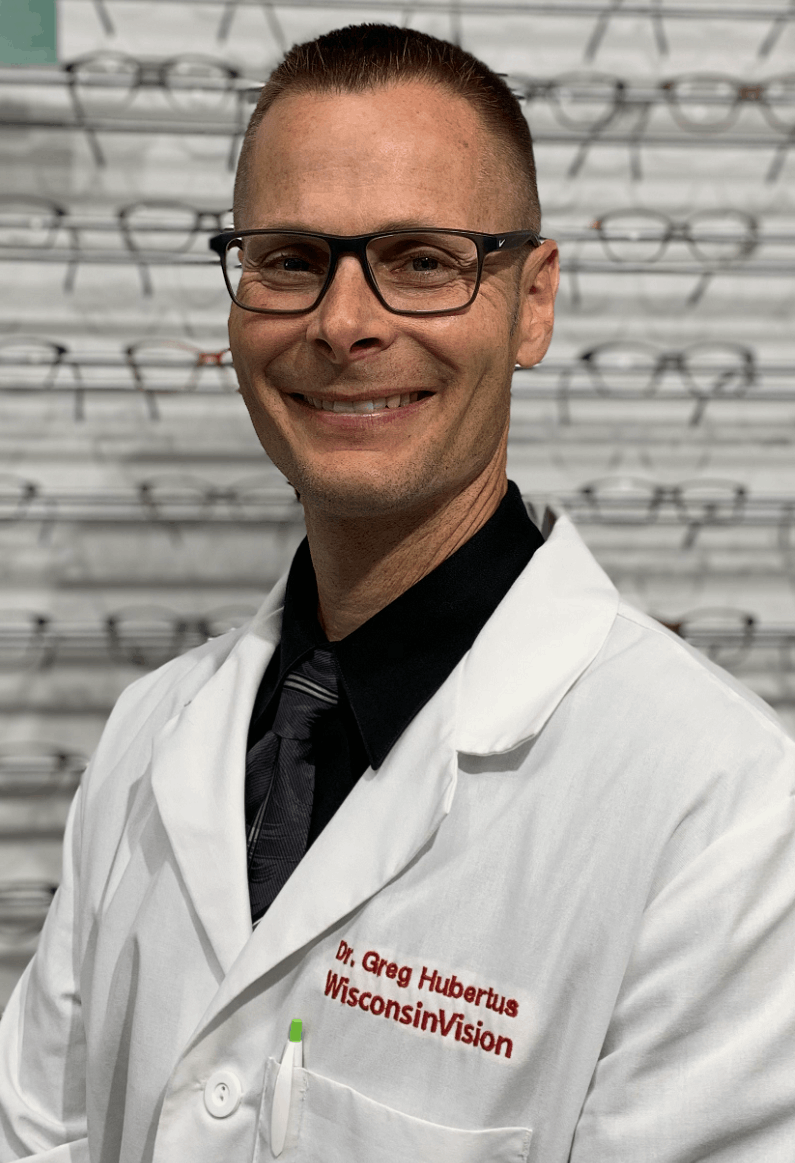 Dr. Gregory Hubertus, O.D.
English
Book with Dr. Hubertus at:
Dr. Gregory Hubertus, O.D.
English
Book with Dr. Hubertus at:
 Dr. Patrick Sesso, O.D.
English
Book with Dr. Sesso at:
Dr. Patrick Sesso, O.D.
English
Book with Dr. Sesso at:
 Dr. Jack Lund, O.D.
English
Book with Dr. Lund at:
Dr. Jack Lund, O.D.
English
Book with Dr. Lund at:
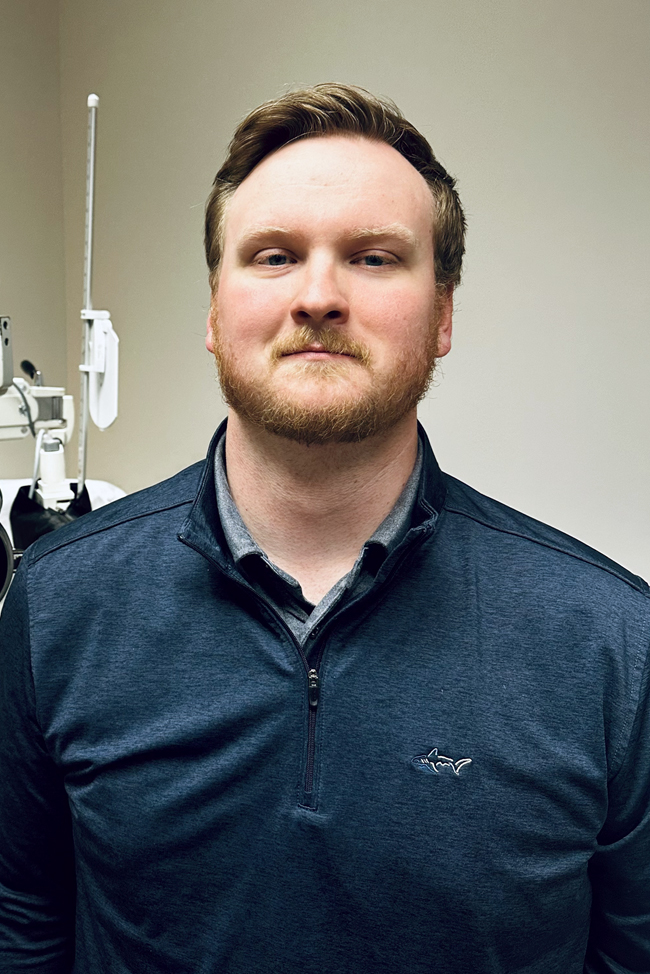 Dr. Kevin Bird, O.D.
English
Book with Dr. Bird at:
Dr. Kevin Bird, O.D.
English
Book with Dr. Bird at:
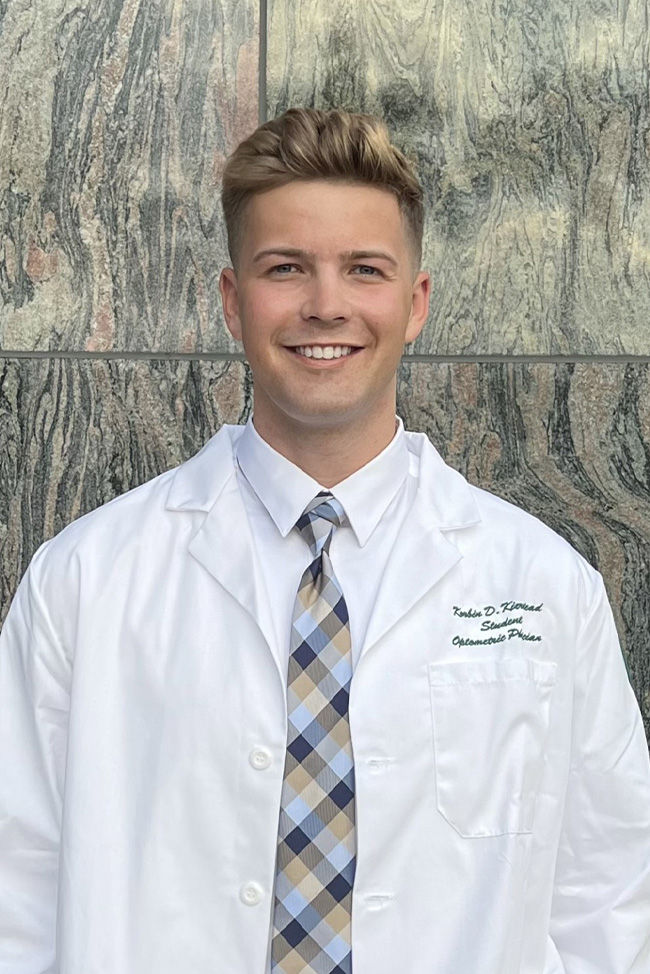 Dr. Korbin Kierstead, O.D.
English
NEW
Book with Dr. Kierstead at:
Dr. Korbin Kierstead, O.D.
English
NEW
Book with Dr. Kierstead at:
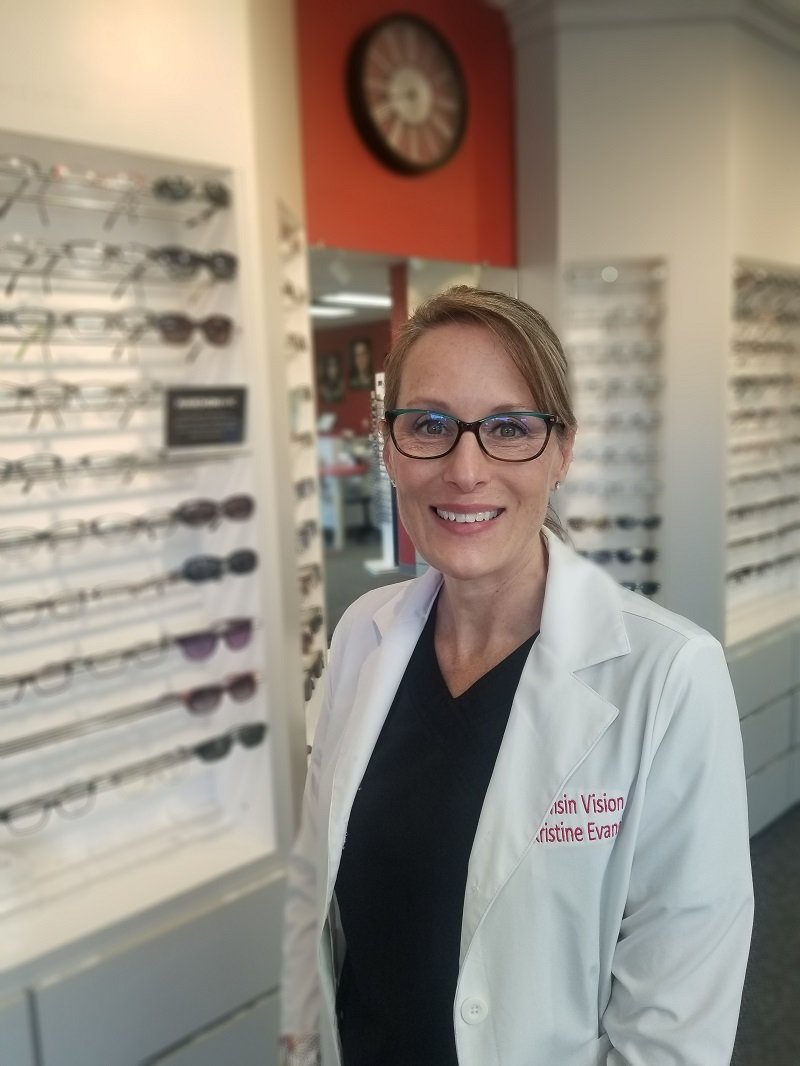 Dr. Kristine Evans, O.D.
English
Book with Dr. Evans at:
Dr. Kristine Evans, O.D.
English
Book with Dr. Evans at:
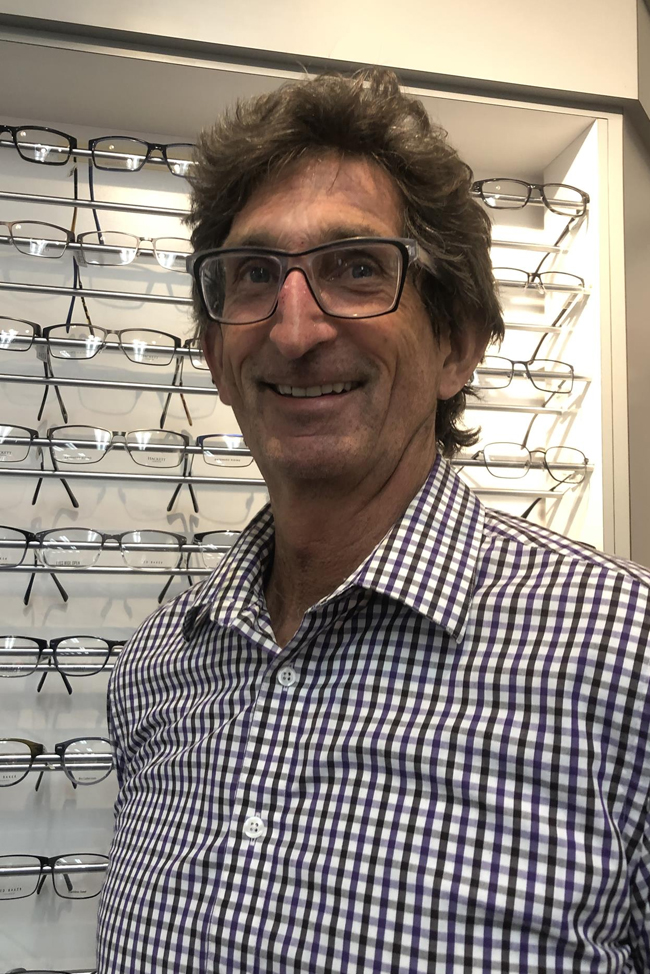 Dr. William R. Grady, O.D.
English, Spanish
Book with Dr. Grady at:
Dr. William R. Grady, O.D.
English, Spanish
Book with Dr. Grady at:
 Dr. Janice Le, O.D.
English
Book with Dr. Le at:
Dr. Janice Le, O.D.
English
Book with Dr. Le at:
 Dr. Paul Bastermajian, O.D.
English, Spanish, Armenian
Dr. Paul Bastermajian, O.D.
English, Spanish, Armenian

An Optometrist is an eye doctor (OD) who completes a bachelor’s degree—usually in a science field—followed by four years at an accredited optometry school. Optometrists diagnose and treat vision issues and eye diseases. They perform eye exams that assess both eye health and overall health conditions like diabetes.
An annual eye exam allows your Optometrist to detect and address health issues before any symptoms become obvious to you. Many eye conditions show no early signs, and damage may already be done by the time you notice. Exams allow for early detection and treatment, helping prevent permanent vision loss. They also help your doctor track changes over time and respond early to any decline in eye health, increasing your chances of maintaining good vision as you age.

Telehealth eye exams at Wisconsin Vision let you see an on-screen Optometrist in-store for a fast, accurate prescription—typically in 30 minutes or less. Call your local office for insurance details or...
Learn More
Our eye doctors accept most vision insurance plans. We offer free coverage checks so you’ll know exactly what your plan covers before your visit.
Learn MoreOptometrists specialize in diagnosing and treating diseases affecting your vision and eyes. Optometrists perform eye exams to evaluate your eyes and can help address general health issues that affect the eyes such as diabetes.
Opticians are eyewear specialists, but they’re not eye doctors. Opticians work closely with Optometrists to dispense and fit corrective eyewear for patients. Wisconsin Vision opticians are also customer service and insurance experts, ready to help you understand your benefits, explain optical lens options and adjust or repair frames.
An Optometrist is your go-to eye doctor for routine eye exams, vision correction and treatment of common eye problems like a stye or pink eye. Optometrists can diagnose and write prescriptions for eye conditions, and if you require specialized care they’ll provide a referral to an Ophthalmologist. Ophthalmologists are medical doctors and specialists in ocular disease and disorders. If you experience vision loss or decreased vision, have a family history of eye disease, or suffer an eye injury you’ll want to see an Ophthalmologist.
Yes, Optometrists are a Doctor of Optometry (OD) or are commonly referred to as eye doctors. To become an Optometrist, you have to receive a bachelor's degree, usually in biology or related sciences, and complete four years of study afterward through an accredited optometry program.
Yes, Wisconsin Vision eye doctors can accept most types of vision insurance. We even provide free coverage checks to ensure you understand exactly what your plan covers before the visit.
Yes, our Optometrists will accept CareCredit as a form of payment. Be sure to confirm what your vision insurance will cover to ensure you're getting the most savings.
Yes, all Wisconsin Vision Optometrists provide eye exams for children 3 years and older. For children younger than 3 years old, contact us for a referral. We're always willing to welcome new patients.
Yes, all of our eye doctors are open on Saturday to see patients. In general, Saturday appointments are in high demand, so please be prepared to book ahead.